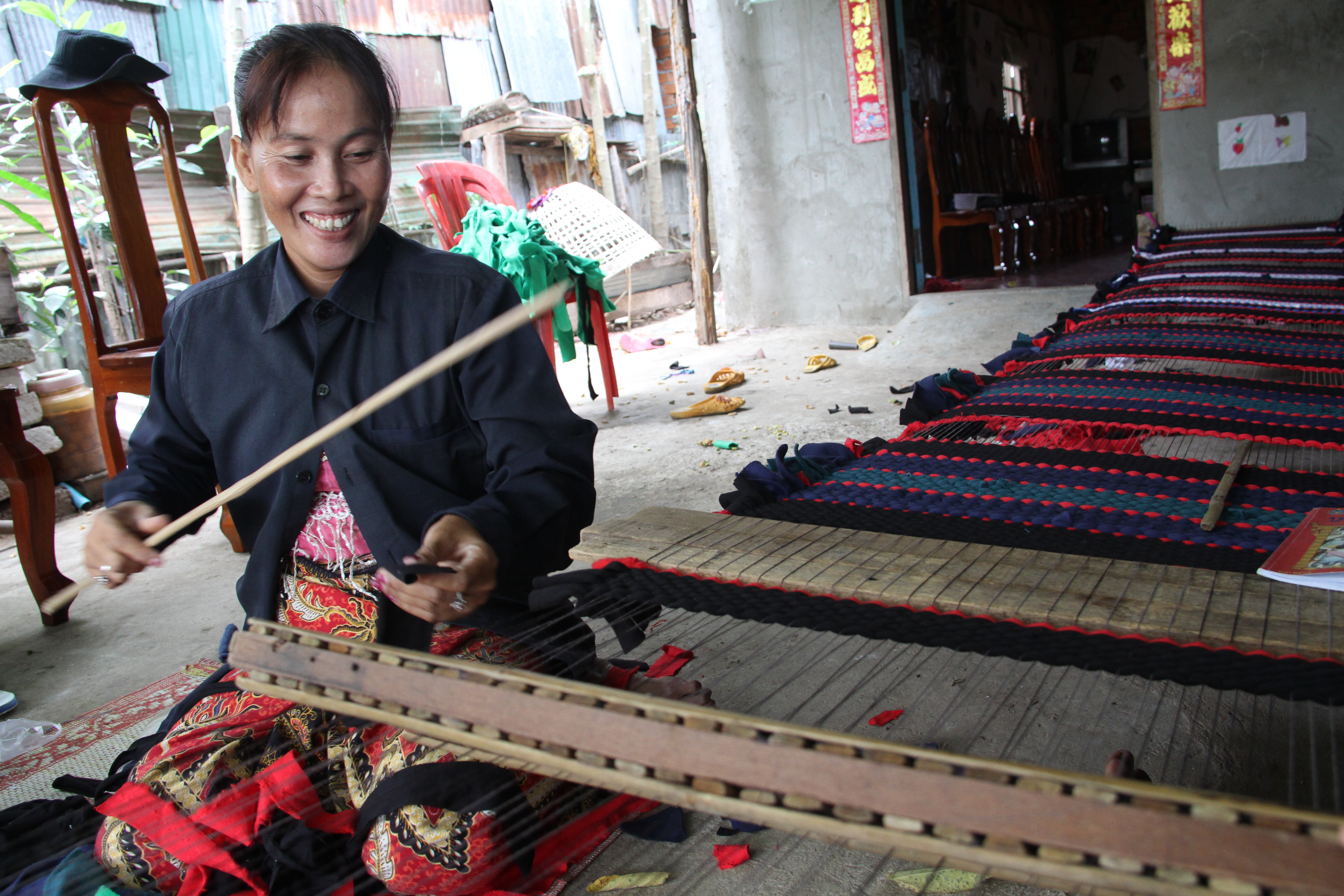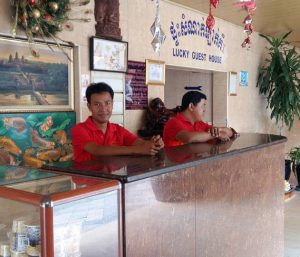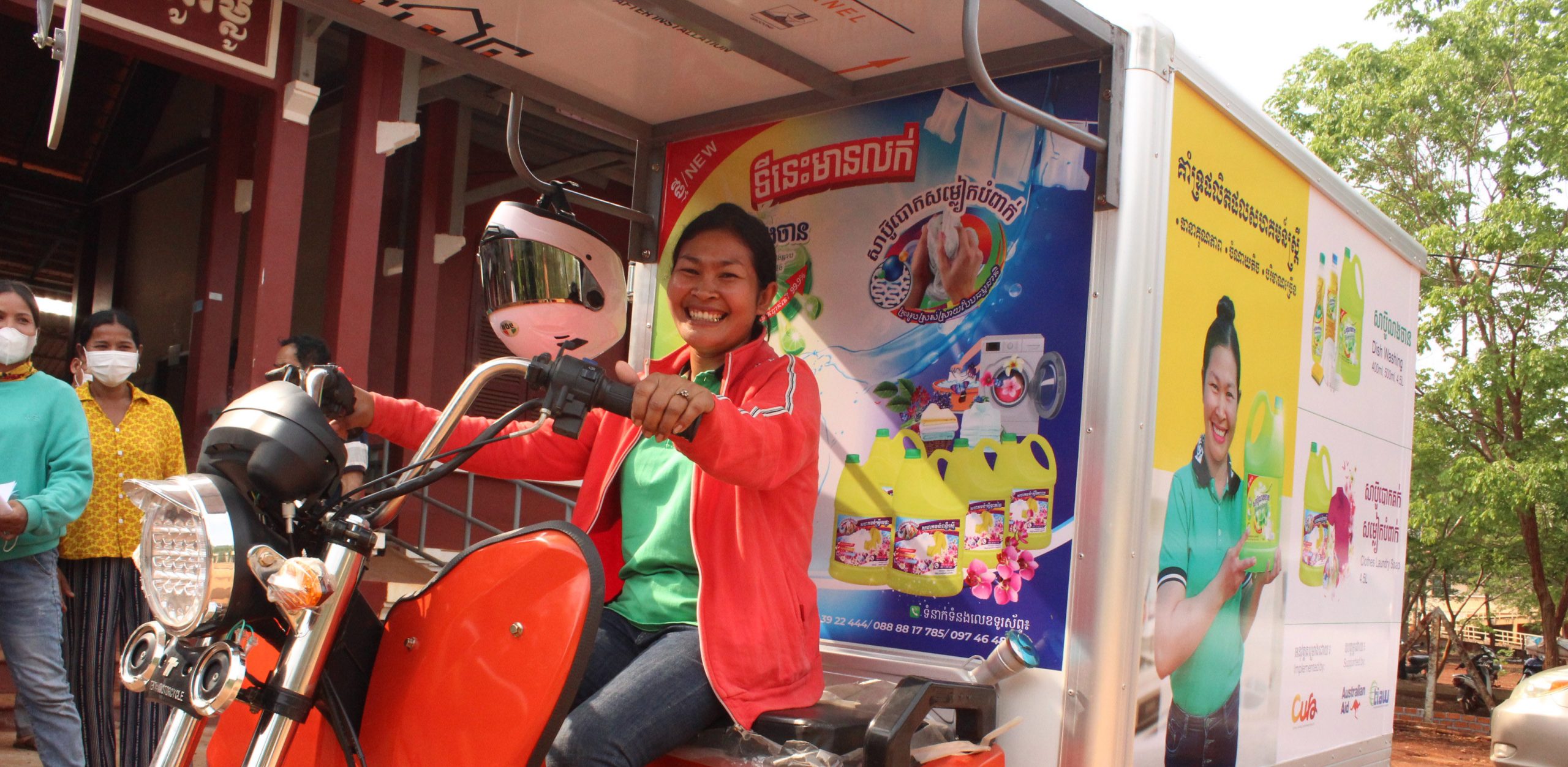The Strengthening Resettlement and Income Restoration Implementation (SRIRI) program was established by Cufa in 2012 as a response to families being left vulnerable by the Cambodian government’s decision to rehabilitate a disused railway track where they had been living. Recently, this program has reached its completion, providing us with an excellent opportunity to reflect upon our work over the years in developing communities.

Funded by the Asian Development Bank, SRIRI is one of our most comprehensive and diverse programs. It provides broad-ranging support for families to restart their lives across five resettlement sites, whilst also ensuring the community as a whole is safe, secure and sustainable. The project operations are threefold, exercising each of Cufa’s specialties–employment, education, and economic institutions.
The first stage of the program is the Vocational Placement Strategy (VPS). It addresses employment and vocational training. Participants were assisted by being placed in jobs that matched their skillsets. Individuals were also provided debt relief, loans, and counselling and groups were taught life skills, financial literacy, CV writing and interview skills.
The second stage of SRIRI establishes Self Help Groups (SHG). These provide training and support in financial concepts. Resettlement sites are also linked to economic institutions that encourage participants to begin saving for the future.
The third stage is the Operations and Maintenance (O&M) project which is operated by volunteers in the community to look after the cleanliness and sustainability of the local environment. They are trained by Cufa on how to adequately monitor and repair key elements of the community such as the water supply, drainage, waste management, roads and vegetation.
The overarching goal of SRIRI is to provide displaced community members with all the important tools so they can live sustainably and have improved livelihoods in their new communities.
The results
The program achieved some amazing results from across all five of the sites where it operated. Household incomes were increased, communities were provided a quality education and the O&M project made the communities more liveable. Thousands of people, especially women, were educated in financial literacy, vocational training was provided across the sites imparting crucial skills for people to get jobs and livelihood groups were developed as people got into business. All in all, Cufa has been extremely happy with the development of these communities and with the knowledge that at the culmination of the program these communities will be able to continue to develop and grow.
The stories
Cufa reported on many success stories throughout the program. Some of these included:

Sok Toh
Sok was a participant who became interested in cleaning up her community after suffering from many issues around her house due to a lack of rubbish disposal causing flooding. She became an inspirational figure in her community encouraging others to do the same.
 Torn Chanteth
Torn Chanteth
Torn was able to benefit from the VPS program by getting a new job at a local guesthouse. He excelled in his position and shortly afterwards earned himself a promotion.







